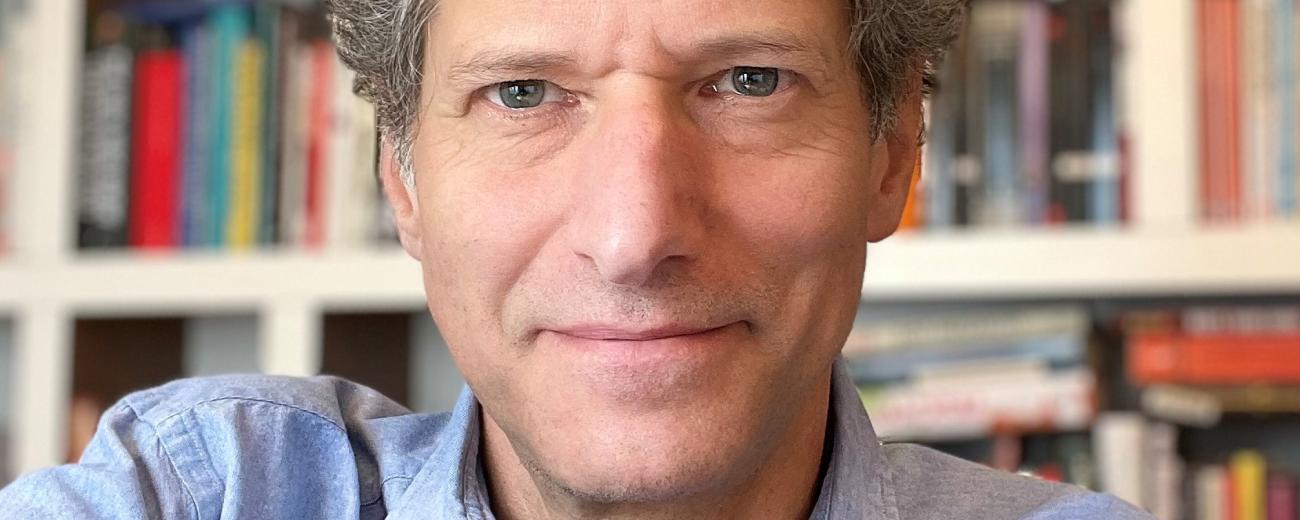
China’s economy: towards self-reliance?

Key information
- Date
- Time
-
5:00 pm to 6:30 pm
- Venue
- Russell Square: College Buildings
- Room
- RB01
About this event
Abstract
China’s economy has exhibited an inward tilt since the 2008 Global Financial Crisis, but the nature of that tilt has changed in recent years, since geopolitics and ideology are increasingly shaping China’s economic policy decisions. The authorities’ focus on the ‘Dual Circulation Strategy’ and on ‘Common Prosperity’ are the clearest expressions of this change. In effect, a kind of decoupling process is at work, with China seeking to reduce its reliance on the rest of the world in key areas: technology, agriculture and energy most obviously. As geopolitics and ideology are unlikely to lose their importance in Beijing’s policy choices, it is worth considering how the shape of China’s economy might change in the coming years.
About the speaker
David Lubin is a managing director and head of emerging markets economics at Citi, where he is responsible for a team of some 30 economists in 15 locations globally; and is an Associate Fellow at Chatham House, the Royal Institute of International Affairs. He has over 30 years’ experience following emerging and developing economies’ interaction with international financial markets.
His book, Dance of the Trillions: Developing Countries and Global Finance (Brookings Press), examines what makes money flow from high-income countries to lower-income ones; what makes it flow out again; and how developing countries have sought protection against the volatility of international capital flows. The Financial Times selected it as one of the best economics books of 2018.
Registration
This event is open to the public and free to attend, however registration is required. Click here to register.
Please note that this talk is taking place on campus and will not be recorded or live-streamed.
Chair: Professor Steve Tsang (Director, SOAS China Institute)
Organiser: SOAS China Institute
Contact email: sci@soas.ac.uk


